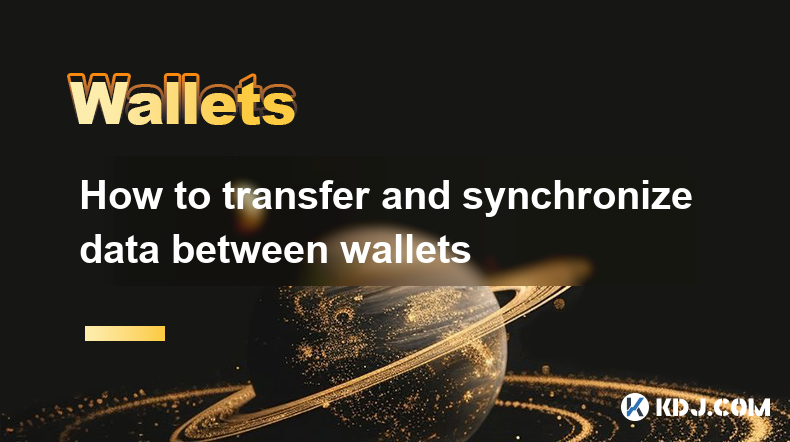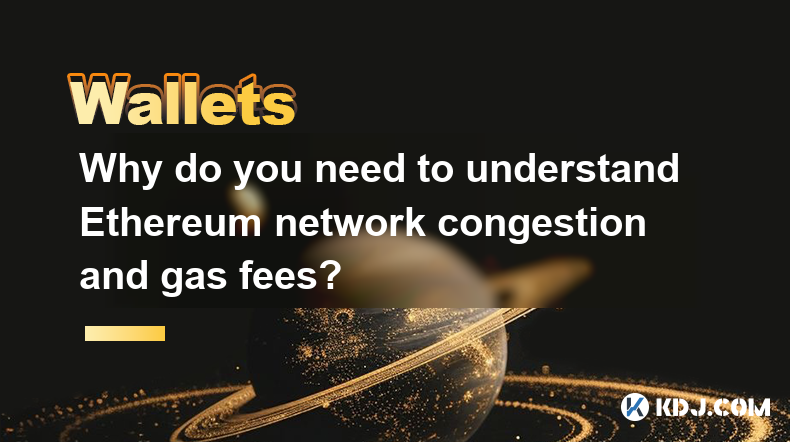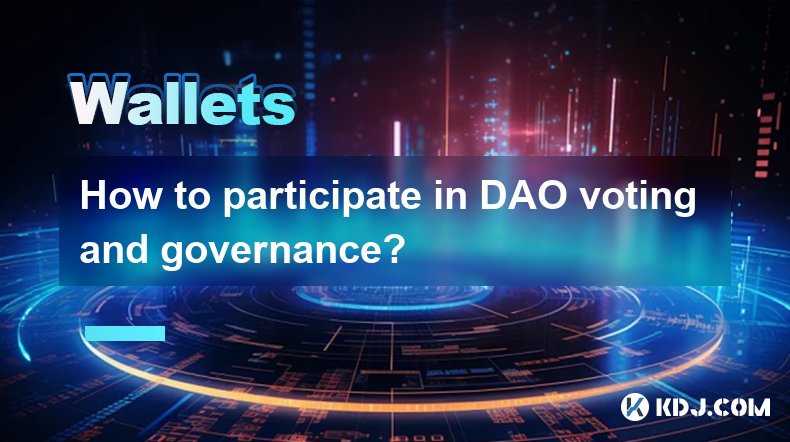-
 Bitcoin
Bitcoin $95,395.9955
-1.08% -
 Ethereum
Ethereum $2,711.2095
-1.71% -
 XRP
XRP $2.4683
-3.44% -
 Tether USDt
Tether USDt $1.0000
-0.01% -
 BNB
BNB $641.7604
-3.62% -
 Solana
Solana $159.5224
-6.53% -
 USDC
USDC $1.0000
0.00% -
 Dogecoin
Dogecoin $0.2299
-5.77% -
 Cardano
Cardano $0.7356
-4.16% -
 TRON
TRON $0.2424
0.31% -
 Chainlink
Chainlink $16.7047
-6.10% -
 Sui
Sui $3.2687
-3.73% -
 Avalanche
Avalanche $23.9530
-6.38% -
 Stellar
Stellar $0.3196
-3.36% -
 Litecoin
Litecoin $122.7552
-2.71% -
 Toncoin
Toncoin $3.7166
-1.25% -
 UNUS SED LEO
UNUS SED LEO $9.7585
0.56% -
 Shiba Inu
Shiba Inu $0.0...01486
-4.44% -
 Hedera
Hedera $0.2047
-4.05% -
 MANTRA
MANTRA $8.5028
-0.69% -
 Polkadot
Polkadot $4.7804
-5.18% -
 Hyperliquid
Hyperliquid $21.8433
-9.99% -
 Bitcoin Cash
Bitcoin Cash $317.8984
-2.64% -
 Bitget Token
Bitget Token $4.9211
-3.18% -
 Ethena USDe
Ethena USDe $1.0001
0.04% -
 Dai
Dai $0.9999
-0.02% -
 Uniswap
Uniswap $8.6651
-3.80% -
 Monero
Monero $233.8027
-0.70% -
 NEAR Protocol
NEAR Protocol $3.3108
-4.16% -
 Pepe
Pepe $0.0...08991
-4.85%
How to download and install Bitcoin wallet
When selecting a Bitcoin wallet, consider the preferred level of security, convenience, and accessibility offered by hardware, software, and online wallet options.
Dec 19, 2024 at 04:28 am

Key Points:
- Choosing the Right Bitcoin Wallet: Hardware, Software, and Online
- Setting Up Your Bitcoin Wallet: Step-by-Step Guide
- Sending and Receiving Bitcoin: Secure and Efficient Transfer
- Managing Bitcoin Private Keys: Safety and Accessibility
- Troubleshooting Common Bitcoin Wallet Issues: Troubleshooting Tips
Article:
1. Choosing the Right Bitcoin Wallet: Hardware, Software, and Online
The first step in downloading and installing a Bitcoin wallet is to choose the right type. There are three main types of Bitcoin wallets: hardware, software, and online.
- Hardware wallets: Store your private keys on a physical device, providing the highest level of security. They are small, portable, and can be disconnected from the internet for added protection.
- Software wallets: Run on your desktop computer or mobile device, offering a convenient and accessible option. They can be used for both online and offline transactions.
- Online wallets: Hosted by third-party providers, offering easy access from any device with an internet connection. However, they provide less control over your private keys and may be susceptible to hacking.
2. Setting Up Your Bitcoin Wallet: Step-by-Step Guide
Once you have chosen a wallet, follow these steps to set it up:
Hardware wallet:
- Connect the wallet to your computer or mobile device.
- Create a PIN code for added security.
- Generate and verify your recovery seed phrase.
Software wallet:
- Download the wallet software from a trusted source.
- Install the software on your computer or mobile device.
- Create a new wallet and set a strong password.
Online wallet:
- Create an account with a reputable online wallet provider.
- Provide personal information and undergo verification process.
- Fund your wallet using cryptocurrency or fiat currency.
3. Sending and Receiving Bitcoin: Secure and Efficient Transfer
To send Bitcoin, you will need the recipient's Bitcoin address. To receive Bitcoin, simply share your Bitcoin address with the sender. Here are the steps to send and receive Bitcoin:
Sending Bitcoin:
- Open your Bitcoin wallet and select "Send."
- Enter the recipient's Bitcoin address and the amount you wish to send.
- Review the transaction details and confirm.
- Pay the transaction fee and finalize the transfer.
Receiving Bitcoin:
- Open your Bitcoin wallet and select "Receive."
- Display your Bitcoin address or provide it to the sender.
- Wait for the Bitcoin to arrive in your wallet.
4. Managing Bitcoin Private Keys: Safety and Accessibility
Your Bitcoin private key is crucial for accessing your funds. It is recommended to store your private key in multiple secure locations and create a backup copy.
- Hardware wallets: Store your private key on the device itself.
- Software wallets: Encrypt or export your private key and store it on a separate device or write it down physically.
- Online wallets: Private keys are stored by the wallet provider, but it is important to enable two-factor authentication for added security.
5. Troubleshooting Common Bitcoin Wallet Issues: Troubleshooting Tips
If you encounter any issues with your Bitcoin wallet, try the following troubleshooting tips:
- Check your internet connection.
- Make sure you have the latest version of your wallet software.
- Check the blockchain for confirmation of your transactions.
- Contact your wallet provider for assistance.
FAQs:
Q: What is a Bitcoin wallet?
A: A Bitcoin wallet is a software or hardware that stores your Bitcoin private keys and allows you to send, receive, and manage Bitcoin.
Q: Which type of Bitcoin wallet is the safest?
A: Hardware wallets are considered the safest as they store your private keys offline.
Q: Can I use my Bitcoin wallet with multiple devices?
A: It depends on the type of wallet. Hardware wallets can be connected to multiple devices, while some software and online wallets offer multi-device access.
Q: How do I recover my Bitcoin wallet if I lose my device or password?
A: You can recover your wallet using your recovery seed phrase or secret key. It is recommended to store your recovery information in a secure location.
Q: Is it possible to lose my Bitcoin if my wallet is hacked?
A: Yes, if your wallet is compromised, the thief could gain access to your private keys and steal your Bitcoin. It is essential to implement strong security measures to protect your wallet.
Disclaimer:info@kdj.com
The information provided is not trading advice. kdj.com does not assume any responsibility for any investments made based on the information provided in this article. Cryptocurrencies are highly volatile and it is highly recommended that you invest with caution after thorough research!
If you believe that the content used on this website infringes your copyright, please contact us immediately (info@kdj.com) and we will delete it promptly.
- Solana (SOL) News: Is Investor Confidence Finally Heating Up?
- 2025-02-24 12:45:27
- Shiba Inu Holders Are Trapped In A Death Spiral – Meanwhile, This Al Crypto Is Already Up 400%
- 2025-02-24 12:45:27
- RCO Finance: The New Wave Set to Revolutionize the Crypto Market
- 2025-02-24 12:45:27
- Why Litecoin Might Be Your Next Big Crypto Bet: Insights and Predictions
- 2025-02-24 12:40:27
- Bitcoin Price Dips Again, Fails to Clear the $100,000 Zone
- 2025-02-24 12:40:27
- Propichain (PCHAIN): Redefining Efficiency for Real Estate Investors with Blockchain and AI
- 2025-02-24 12:40:27
Related knowledge

What are cold storage and hot storage? Which one is safer?
Feb 22,2025 at 03:18pm
Key Points:Cold storage and hot storage are two methods of storing cryptocurrencies.Cold storage involves storing cryptocurrencies offline, while hot storage involves storing them online.Cold storage is generally considered safer than hot storage, as it is not connected to the internet and is therefore less susceptible to hacking.Cold StorageCold storag...

How to synchronize wallets in multiple devices and browsers
Feb 22,2025 at 09:18am
Key Points:Understand the different types of cryptocurrency wallets and their synchronization capabilities.Learn how to synchronize hardware wallets with multiple devices.Discover the steps involved in synchronizing software wallets across platforms.Explore the options for synchronizing mobile wallets on different devices.Gain insight into browser exten...

How to deal with theft of wallets or the leak of mnemonic words?
Feb 23,2025 at 12:36am
Key PointsUnderstanding the Different Types of Wallet TheftSteps to Take If Your Wallet Is Stolen or Mnemonic Words LeakedPreventive Measures to Protect Your Crypto AssetsFrequently Asked QuestionsHow to deal with theft of wallets or the leak of mnemonic words?Understanding the Different Types of Wallet TheftHot Wallet Theft:Hot wallets are connected to...

How to transfer and synchronize data between wallets
Feb 21,2025 at 12:25pm
Key Points:Understanding different wallet types and their capabilitiesIdentifying similarities and differences between walletsExploring options for transferring and synchronizing dataEnsuring data security and integrity during transferAddressing common challenges and troubleshooting tipsHow to Transfer and Synchronize Data Between Cryptocurrency Wallets...

Why do you need to understand Ethereum network congestion and gas fees?
Feb 21,2025 at 04:48am
Key PointsUnderstanding Ethereum Network Congestion and Gas FeesGas Fees ExplainedFactors Affecting Network CongestionStrategies for Minimizing Gas FeesImpact of Ethereum UpgradesUnderstanding Ethereum Network Congestion and Gas FeesThe Ethereum network is a decentralized platform that hosts a vast ecosystem of decentralized applications (dApps), non-fu...

How to participate in DAO voting and governance?
Feb 21,2025 at 03:42pm
Key Points:Overview of DAO Voting and GovernanceUnderstanding DAO Structures and MembershipRole of DAO Tokens and Voting RightsParticipating in Voting and Proposal SubmissionLeveraging Governance Tools and PlatformsImpact of Voting Participation on DAO OutcomesBest Practices for Effective DAO GovernanceHow to Participate in DAO Voting and Governance1. U...

What are cold storage and hot storage? Which one is safer?
Feb 22,2025 at 03:18pm
Key Points:Cold storage and hot storage are two methods of storing cryptocurrencies.Cold storage involves storing cryptocurrencies offline, while hot storage involves storing them online.Cold storage is generally considered safer than hot storage, as it is not connected to the internet and is therefore less susceptible to hacking.Cold StorageCold storag...

How to synchronize wallets in multiple devices and browsers
Feb 22,2025 at 09:18am
Key Points:Understand the different types of cryptocurrency wallets and their synchronization capabilities.Learn how to synchronize hardware wallets with multiple devices.Discover the steps involved in synchronizing software wallets across platforms.Explore the options for synchronizing mobile wallets on different devices.Gain insight into browser exten...

How to deal with theft of wallets or the leak of mnemonic words?
Feb 23,2025 at 12:36am
Key PointsUnderstanding the Different Types of Wallet TheftSteps to Take If Your Wallet Is Stolen or Mnemonic Words LeakedPreventive Measures to Protect Your Crypto AssetsFrequently Asked QuestionsHow to deal with theft of wallets or the leak of mnemonic words?Understanding the Different Types of Wallet TheftHot Wallet Theft:Hot wallets are connected to...

How to transfer and synchronize data between wallets
Feb 21,2025 at 12:25pm
Key Points:Understanding different wallet types and their capabilitiesIdentifying similarities and differences between walletsExploring options for transferring and synchronizing dataEnsuring data security and integrity during transferAddressing common challenges and troubleshooting tipsHow to Transfer and Synchronize Data Between Cryptocurrency Wallets...

Why do you need to understand Ethereum network congestion and gas fees?
Feb 21,2025 at 04:48am
Key PointsUnderstanding Ethereum Network Congestion and Gas FeesGas Fees ExplainedFactors Affecting Network CongestionStrategies for Minimizing Gas FeesImpact of Ethereum UpgradesUnderstanding Ethereum Network Congestion and Gas FeesThe Ethereum network is a decentralized platform that hosts a vast ecosystem of decentralized applications (dApps), non-fu...

How to participate in DAO voting and governance?
Feb 21,2025 at 03:42pm
Key Points:Overview of DAO Voting and GovernanceUnderstanding DAO Structures and MembershipRole of DAO Tokens and Voting RightsParticipating in Voting and Proposal SubmissionLeveraging Governance Tools and PlatformsImpact of Voting Participation on DAO OutcomesBest Practices for Effective DAO GovernanceHow to Participate in DAO Voting and Governance1. U...
See all articles

















































































